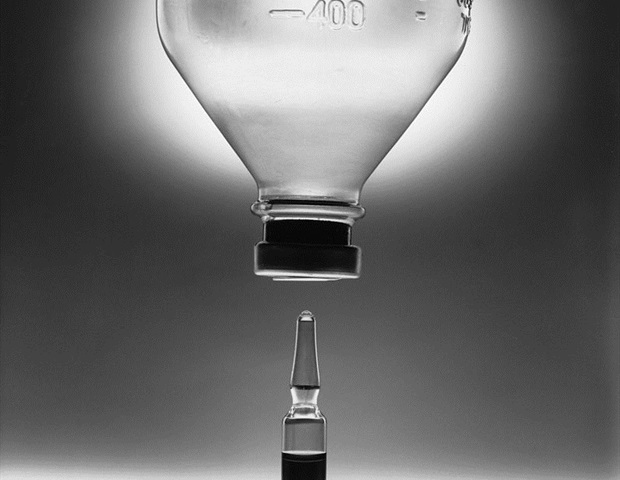New study results indicate that different comorbid conditions affecting individuals diagnosed with COVID-19 may impact how long they continue to receive positive SARS-CoV-2 polymerase chain reaction (PCR) test results.
Individuals diagnosed with COVID-19 who are aged 60+, have three or more chronic medical conditions, particularly diabetes, obesity, rheumatologic disease, or an organ transplant, have positive PCR tests for longer periods of time compared to younger individuals without these comorbidities. However, the data showed no significant difference in the duration of positive PCR tests results by the degree of immunocompromise or for individuals receiving chemotherapy or steroids to treat COVID-19.
Published online in Open Forum Infectious Diseases and led by researchers at Boston Medical Center, this study is the largest sample size to date of SARS-CoV-2 PCR retesting in both immunocompromised and non-immunocompromised patients, allowing for the comparison between these two groups.
There are limited data on how long immunocompromised individuals continue to test positive for COVID-19 after initial infection. This study challenges whether the current recommendations to consider retesting severely immunocompromised individuals and use negative SARS-CoV-2 PCR test results to end isolation is necessary.”
Rachel Epstein, MD, MScE, Sudy Corresponding Author and Infectious Diseases Physician, Boston Medical Center
According to the Centers for Disease Control and Prevention (CDC), severely immunocompromised individuals are likely to have prolonged positive SARS-CoV-2 PCR test results. The conditions that cause immunocompromised status represented in the CDC definition include: people on chemotherapy or high dose steroids; those with untreated HIV; those with a primary immunodeficiency; or those who recently received an organ transplant.
The researchers examined data from 3,758 individuals who were retested using the SARS-CoV-2 PCR test following an initial positive result. The individuals were separated into groups by age as well as immunocompromised severity:
- Severe – active chemotherapy, HIV with a CD4 count less than 200, organ transplant in the last year, or chronic high-dose steroids (7.4 percent of study group)
- Moderate – solid organ transplant recipient greater than 1 year prior, HIV with a CD4 count greater than 200, and others taking chronic biologic medications (4.2 percent of study group)
- Not immunocompromised (88.4 percent of study group)
The median length of time for severely immunocompromised patients to receive a negative SARS-CoV-2 PCR test result was 22 days; for moderately and non-immunocompromised individuals, the time was 20 and 16 days, respectively. For individuals who had a solid organ transplant, are older than 60, have diabetes, obesity or rheumatologic disease, as well as those with more than three comorbid conditions, it took longer for a negative SARS-CoV-2 PCR test result.
“Retesting individuals to end isolation precautions can delay care, and may not be necessary even for most severely immunocompromised people, particularly as most transmission studies demonstrate that it is highly unlikely for someone to transmit infection more than 20 days into their illness,” said Epstein, an assistant professor of medicine and pediatrics at Boston University School of Medicine.
The authors note that retesting recommendations should perhaps consider a combination of conditions or include only certain groups of extremely immunocompromised individuals. There have been a few cases in the literature showing positive COVID1-9 test results months out from initial infection in patients who have undergone a solid organ or bone marrow transplant or received chimeric antigen receptor (CAR) T-cell therapy.
Additional studies that directly measure transmission or transmissibility from individuals with a positive PCR test result more than 20 days into illness with COVID-19 would be helpful to better inform current CDC guidelines.
